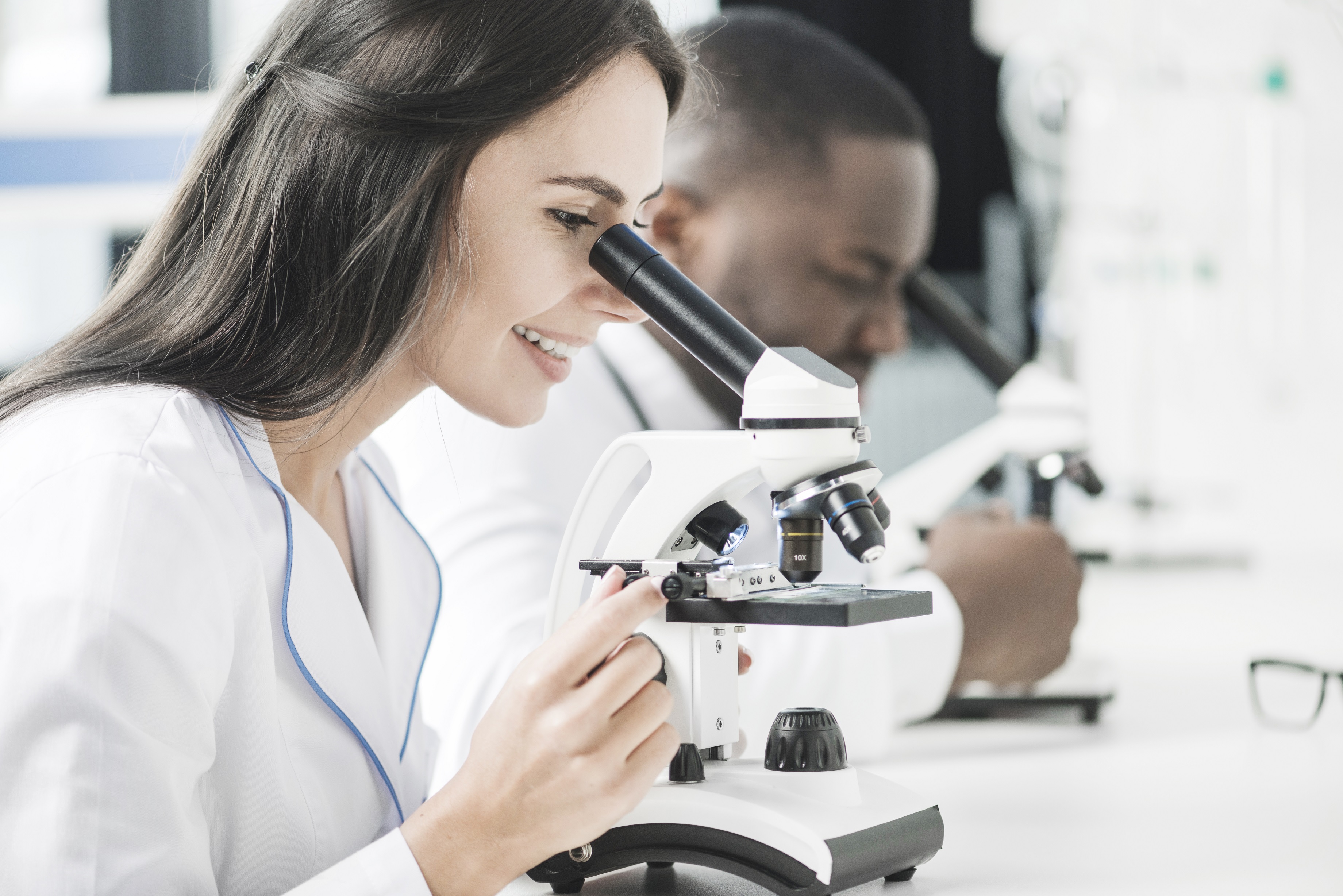10-Year Partnership Between CAPES and DFG in Production Sciences
(29.01.20) About a decade ago, the Deutsche Forschungsgemeinschaft (DFG, German Research Foundation) and CAPES, a foundation which coordinates efforts to improve the quality of Brazil's higher education personnel, published their first call in production sciences. This laid the foundations for the research partnership Brazilian German Collaborative Research Initiative in Manufacturing Technology (BRAGECRIM). By promoting research and technical expertise in this area, the aim was to enable the long-term development of innovative solutions to improve productivity, quality and sustainability in Brazilian and German companies.

In 10 years BRAGECRIM generated a wealth of international dialogue between students and doctoral researchers.
© Freepik
The initiative has enabled 35 projects to be funded in ten years, each lasting up to four years. Projects received support for research fellowships and positions, study visits, direct project costs and investments for bilateral research. A total of 277 study visits were funded by CAPES and the DFG.
For Mauro Rabelo, the head of international relations at CAPES, initiatives like this emphasise the importance of cooperation between scientific research and industrial development: "When universities and industry enter into dialogue, we contribute to solid growth in a country."
Klaus Schützer, director of the BRAGECRIM project at Universidade Metodista de Piracicaba in the state of São Paulo, participated twice in the programme. On the first occasion, in 2009, the aim of the research was to integrate systems in industry ranging from the development stage to production. The research was intended to reduce the work involved in performing tasks with a focus on requirements in the production chain.
The second project, which got underway in 2014, was devoted to Industry 4.0 and the investigation of smart components for industrial development. The biggest challenge in this project was coordinating scientific development and the demands of industry.
"BRAGECRIM was a turning point. The programme made research and international dialogue possible in a new way, integrating students from new graduates to postdoctoral level," says Schützer.
As the leader of a BRAGECRIM project at the Federal University of Rio Grande do Sul (UFRGS), Carlos Eduardo Pereira was responsible for a research project designed to develop components to predict equipment failures. The results of the project were put to practical use in both Brazil and Germany while the research was still ongoing. "We're talking about highly relevant industrial equipment. We can manufacture spare parts before a failure occurs and that saves time and money."
DFG programme director Dr. Ferdinand Hollmann notes: "The starting point in the early 2000s was the development of Brazil and its economy, particularly in manufacturing engineering, into a hidden champion, as it were. Combined with the fact that many Brazilian researchers completed their scientific engineering training in Europe and Germany and went on to be involved in high-level research in Brazil, it seemed only logical to bring together the rather random, separate collaborative relationships in manufacturing and increase the scientific added value for both sides. With BRAGECRIM we have put scientific cooperation in manufacturing engineering on a broader footing, and effectively encouraged scientific dialogue, especially among young early career researchers, for our mutual benefit."
The anniversary of the collaboration was celebrated early with a call opened in 2018, the new DFG-CAPES Collaborative Research Initiative (PIPC), which will succeed BRAGECRIM. The initiative was launched in 2018 and the first two calls, issued in the same year, covered three areas of research: Industry 4.0 and digitisation, chemistry, and law.
The funding of bilateral research projects in these academically strong areas with significant potential for cooperation, is intended to further intensify bilateral cooperation in research. Another important goal is medium- to long-term cooperation between the individual bilateral projects, which it is hoped will form extended research networks. These measures are aimed at promoting scientific excellence and the internationalisation of the German and Brazilian research communities in the relevant disciplines. They are also designed to increase dialogue between doctoral candidates, postdoctoral researchers and experienced researchers. This will generate much greater scientific added value than could be achieved at national level alone.
The first selected projects are due to be concluded in 2022. In accordance with the CAPES and DFG guidelines, the initiative allows bilateral graduation and research placements for master's degrees. It also provides grants for students, doctoral candidates and postdoctoral researchers. In 2020, new calls will be published in the areas mentioned.
More information on the cooperation between DFG and CAPES in the PIPC programme: